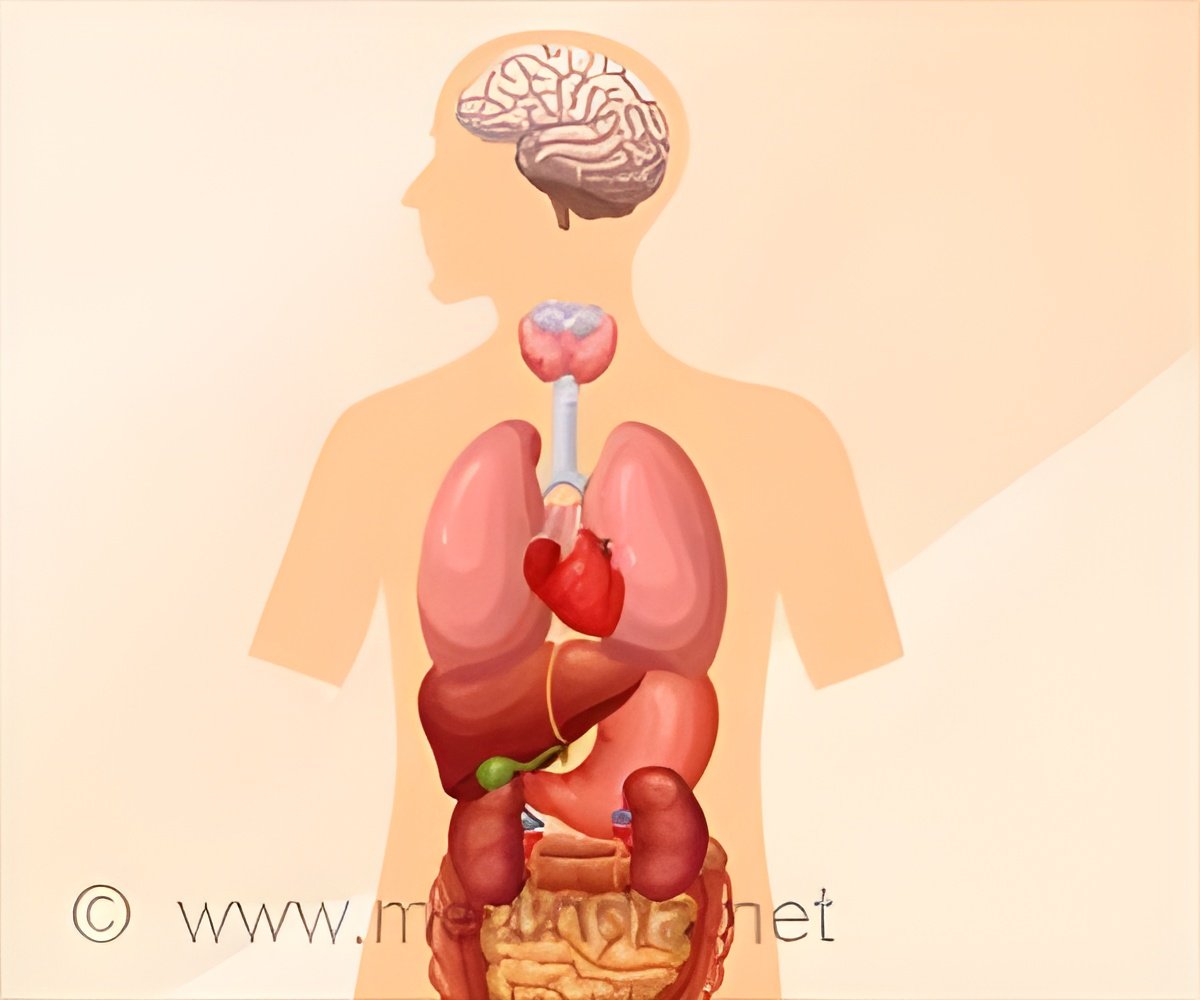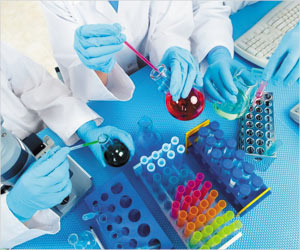
‘Multisystem inflammatory syndrome or (MIS-C) in children associated with COVID-19 can be lethal because it affects multiple organ systems in the body, including the heart, lungs, gastrointestinal system, or nervous system. Children may require lifelong monitoring and intervention after being diagnosed with MIS-C.’
Read More..Tweet it Now
The medical literature review is published in EClinicalMedicine, a journal of The Lancet.Read More..
"According to the literature, children did not need to exhibit the classic upper respiratory symptoms of COVID-19 to develop MIS-C, which is frightening,," said Dr. Alvaro Moreira, MD, MSc, of The University of Texas Health Science Center at San Antonio. "Children might have no symptoms, no one knew they had the disease, and a few weeks later, they may develop this exaggerated inflammation in the body."
The inflammation in MIS-C is similar to two pediatric conditions, Kawasaki disease and toxic shock syndrome. "The saving grace is that treating these patients with therapies commonly used for Kawasaki - immunoglobulin and glucocorticosteroids - has been effective," Dr. Moreira said.
Another finding was that underlying conditions like being overweight or obese increased the risk of developing MIS-C. "Generally, in both adults and children, we are seeing that patients who are obese will have a worse outcome," Dr. Moreira said.
The team of researchers who reviewed 662 children with MIS-C cases from January 1 to July 25 found that 71% of the children were admitted to ICU. Around 22.2% required mechanical ventilation, 4.4% required extracorporeal membrane oxygenation (ECMO), and 60% had developed shock syndrome. The average stay at the hospital was 7.9 days.
Advertisement
"This is a new childhood disease that is believed to be associated with SARS-CoV-2," Dr. Moreira said. "It can be lethal because it affects multiple organ systems. Whether it be the heart and the lungs, the gastrointestinal system, or the neurologic system, it has so many different faces that initially it was challenging for clinicians to understand."
Advertisement
Around 10% of the children had an aneurysm of a coronary vessel. Aneurysm increases the risk of future events in children. "This is a localized stretching or ballooning of the blood vessel that can be measured on an ultrasound of the heart. These are children who are going to require significant observation and follow-up with multiple ultrasounds to see if this is going to resolve or if this is something they will have for the rest of their lives," Dr. Moreira said.
Inflammatory markers such as troponin, which is used with great accuracy in adults to diagnose heart attacks, were seen to be 50 times above normal level in children with MIS-C
"And that’s catastrophic to a parent who had a previously healthy child and then he/she is in the very small percentage of individuals who developed MIS-C after COVID-19 infection," he said.
Children with MIS-C should be monitored closely to understand long-term implications on health.
Source-Medindia













